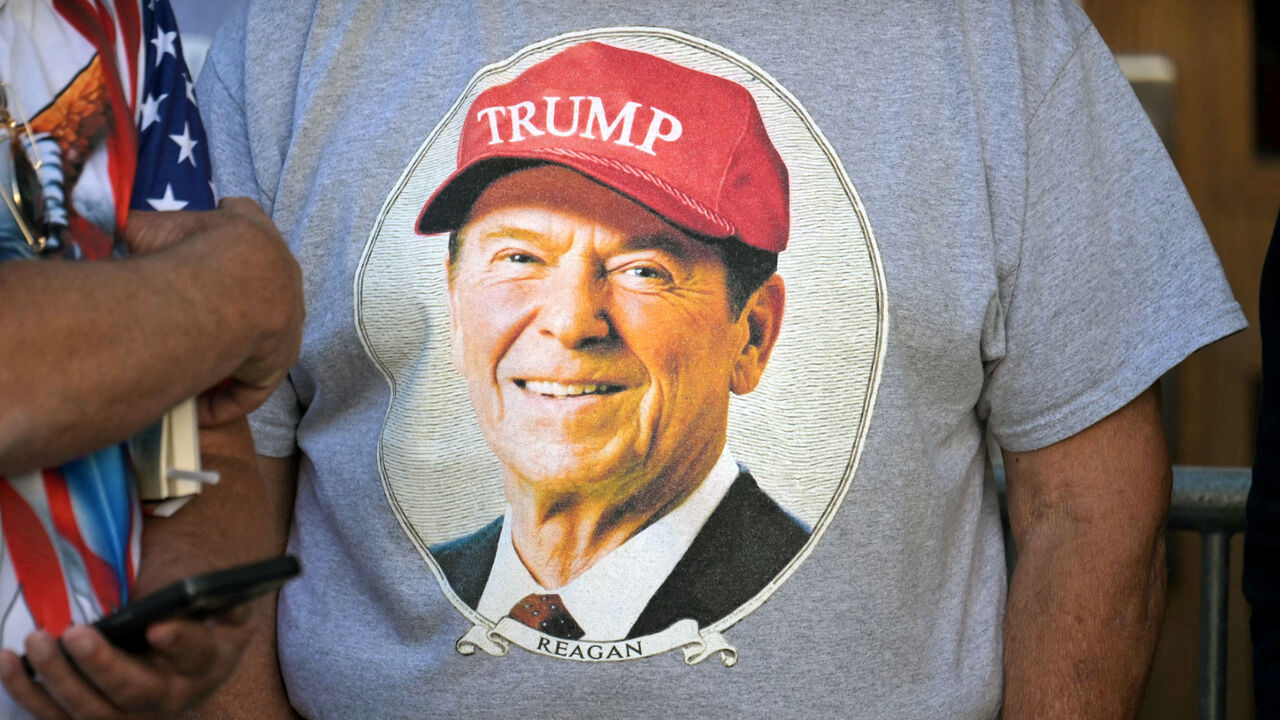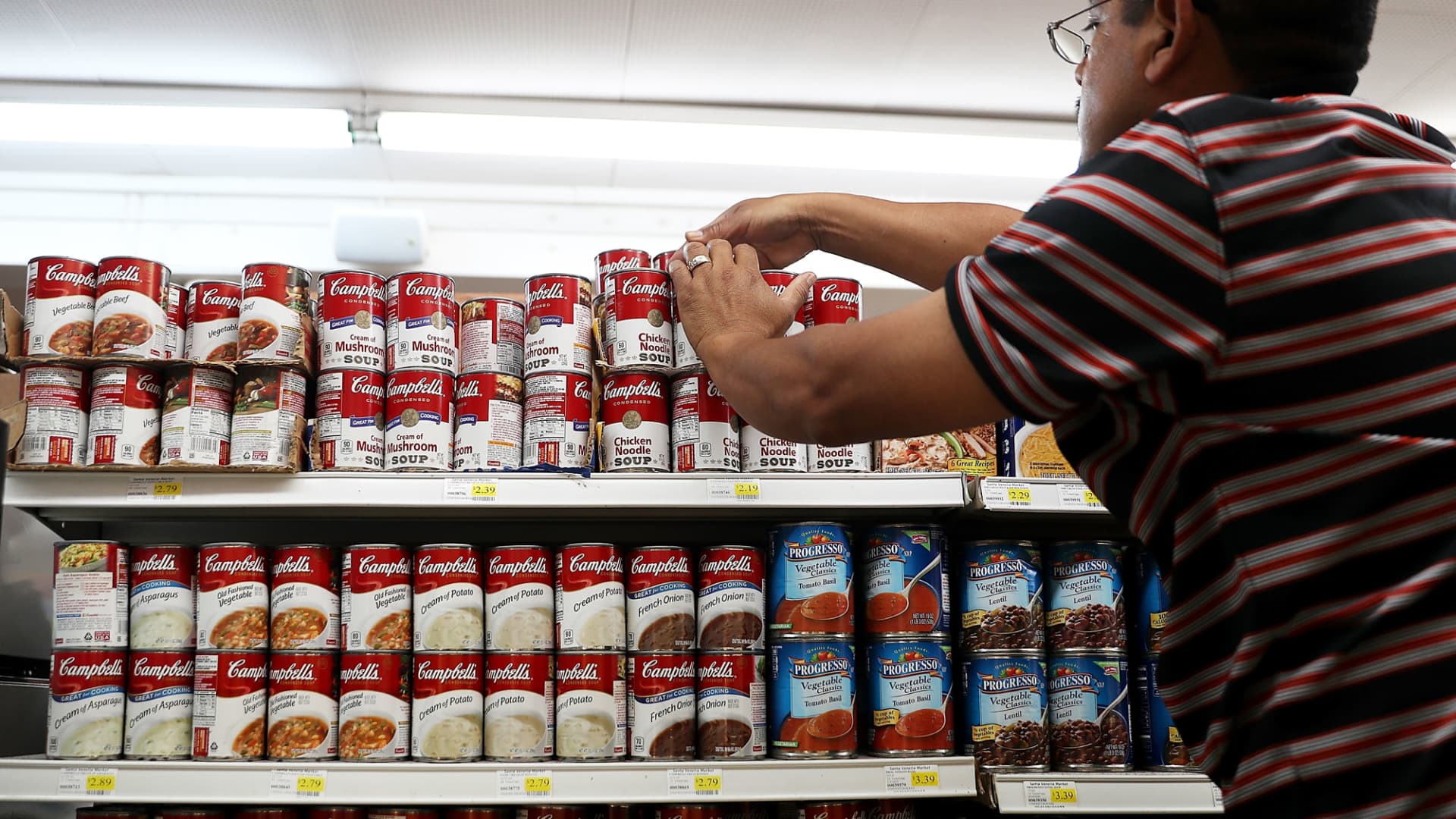DONALD TRUMP won the swing state of North Carolina as he took an early advantage in his race for the White House against Kamala Harris. The vice-president’s path to victory narrowed as early results showed her underperforming Joe Biden’s showing of four years ago. At 11pm Eastern time, early vote counts in America’s presidential race showed an early advantage in the electoral college for Mr Trump. There were warning signs for the Harris campaign as the first results poured in.
Several hours after the first polls closed, the other six of the seven swing states seen as vital to the two candidates’ chances for winning the electoral college—Arizona, Georgia, Michigan, Nevada, Pennsylvania and Wisconsin—were too close to call. Yet Mr Trump enjoyed a lead of three percentage points in Georgia, with 93% of the state’s vote counted. In North Carolina, Mr Trump’s lead was similar with just over 88% of the vote counted.
If Mr Trump’s lead holds up there, the pathway to an electoral-college victory for Ms Harris would narrow considerably, requiring her to sweep the “blue wall” states of Michigan, Pennsylvania and Wisconsin, where the vote count was proceeding more slowly.
Outside the key battlegrounds, the early picture was no more encouraging for the Harris campaign. In Virginia, which Mr Biden won comfortably in 2020, Ms Harris led narrowly with 82% of votes counted. She seemed likely to win Virginia eventually but was lagging behind Mr Biden’s performance in suburban counties such as Loudoun, outside Washington, DC. There, similarly to other suburban jurisdictions in Virginia, Ms Harris’s share of a near-complete vote trailed Mr Biden’s performance four years ago by more than six percentage points. That is a concerning trend if it extends to Pennsylvania and Michigan, where suburban voters are crucial to Ms Harris’s prospects.
In Florida, a former battleground that Mr Biden lost by just over three percentage points last time, Ms Harris was doing even worse, underperforming Mr Biden’s margin by ten percentage points with almost all of the state vote counted. Across all early reporting states, Ms Harris’s performance in counties posting near-complete votes to Mr Biden’s numbers in 2020 showed the vice-president underperforming.
Ms Harris and her allies will have to hope that the picture unfolds differently in Pennsylvania, the most important of the three blue-wall states, which always looked like a crucial state for both her and Mr Trump. Here there were at least a few encouraging signs. With just over a third of the expected vote posted in Montgomery County, a populous suburb of Philadelphia that leans Democratic, Ms Harris led with 68% of the vote, more than five percentage points better than Mr Biden’s performance four years ago. That is the sort of result she will probably need in all of Philadelphia’s blue-tinted-collar counties if she is to hold off Mr Trump’s strength in less populated rural areas.
Michigan’s vote was too incomplete to judge even several hours after its polls closed, and Wisconsin, which Mr Biden won by just 20,000 votes four years ago, Mr Trump led narrowly with 61% of the vote counted. A similar early picture prevailed in Arizona, a state where pre-election polls had shown Mr Trump held his most significant advantage.
Because the trio of Pennsylvania, Michigan and Wisconsin remained in play at 11pm EST—and no other state pegged for Ms Harris had fallen to Mr Trump—the election remained in the balance. What seemed clear is that if Ms Harris were to defy the early run of results and squeeze out a victory, it would emerge from the key Rust Belt states and would probably be as close as the razor-thin margins Mr Biden won there in 2020.■

 Personal Finance1 week ago
Personal Finance1 week ago
 Blog Post1 week ago
Blog Post1 week ago
 Economics5 days ago
Economics5 days ago
 Economics1 week ago
Economics1 week ago
 Accounting6 days ago
Accounting6 days ago
 Personal Finance1 week ago
Personal Finance1 week ago
 Economics6 days ago
Economics6 days ago
 Personal Finance5 days ago
Personal Finance5 days ago




















